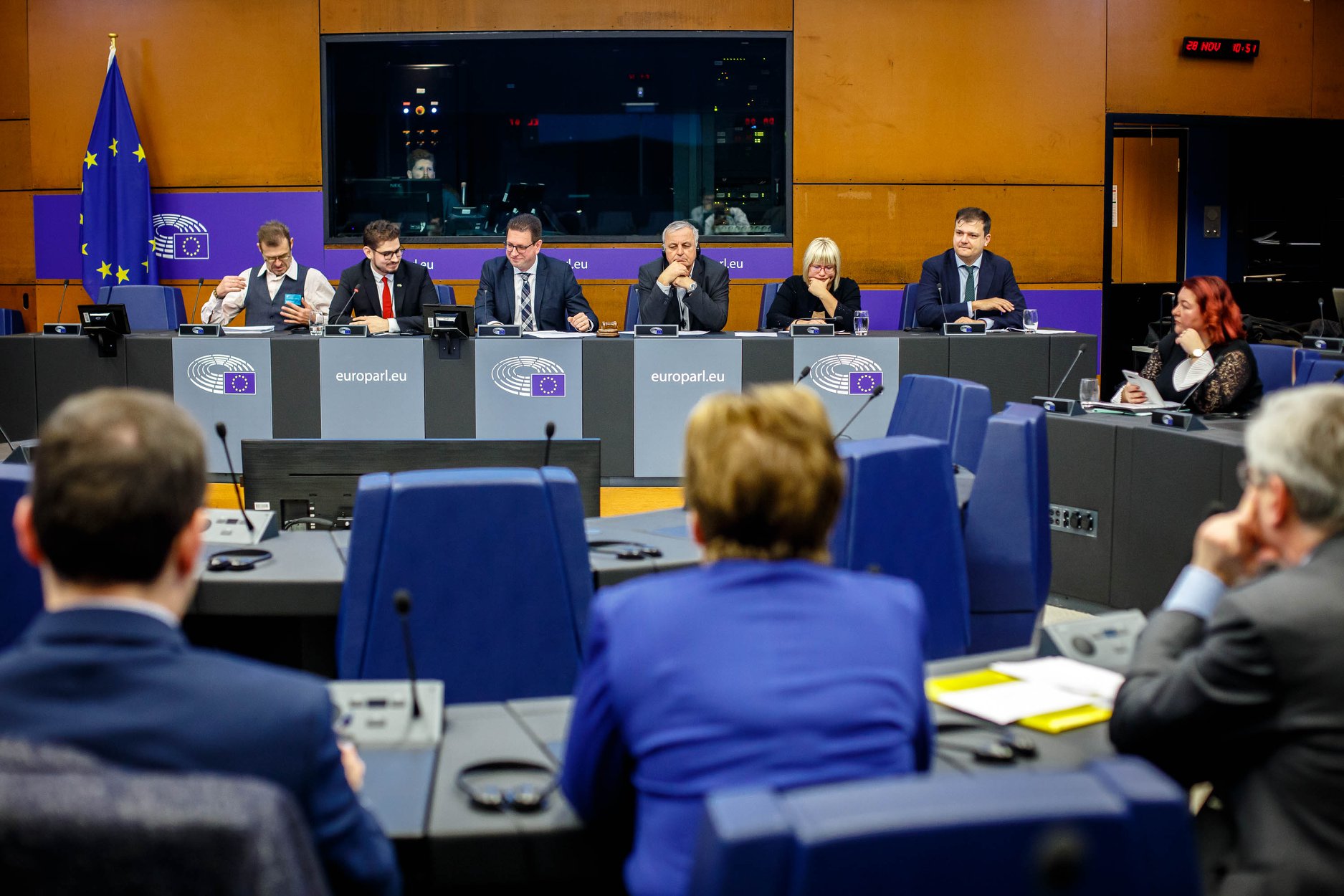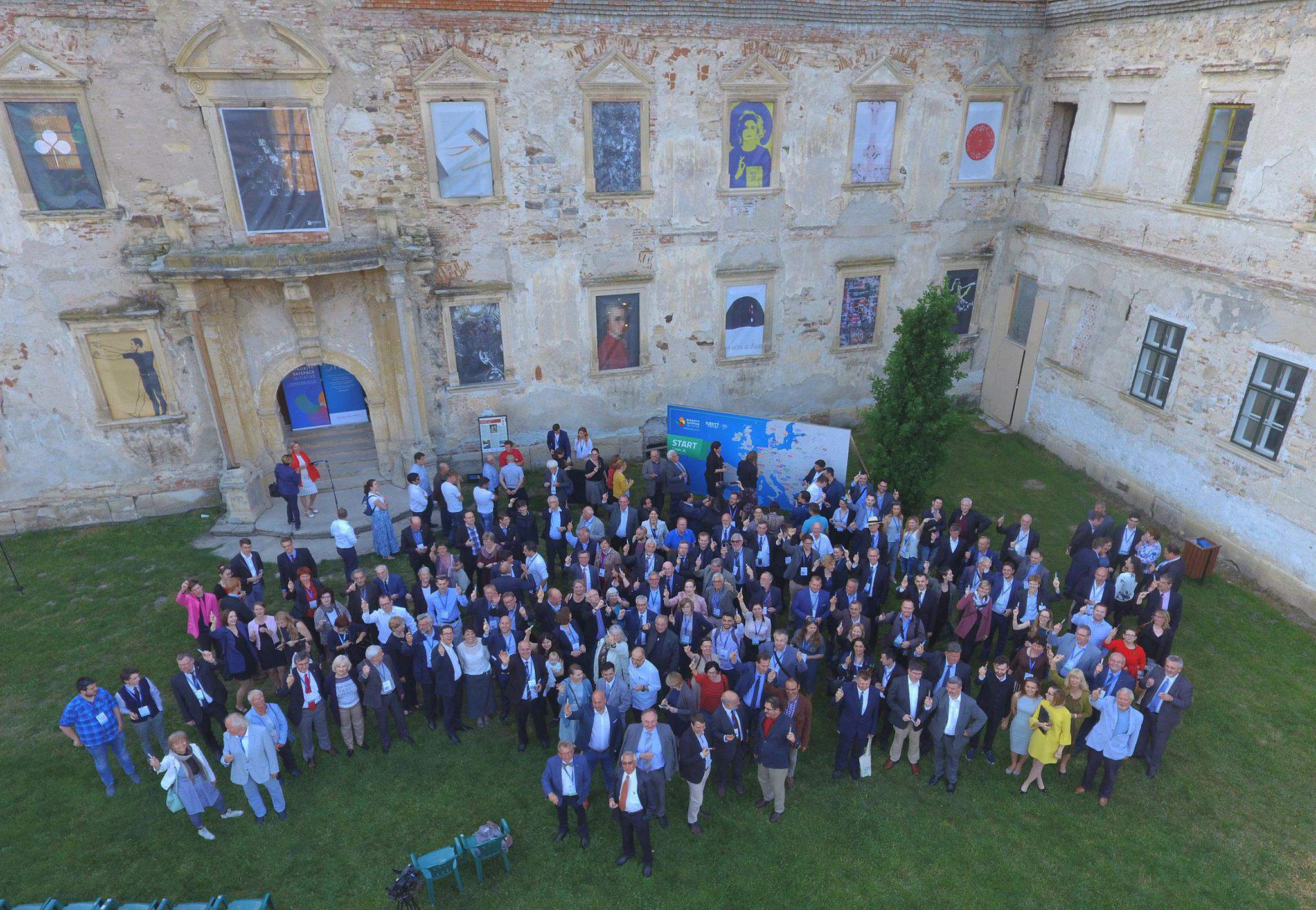Jobbik MEP Gyöngyösi: Minority SafePack – one step closer to a more democratic and fair Europe

Remarks from Jobbik MEP Márton Gyöngyösi:
In its last week’s session, the European Parliament adopted the European Minority SafePack Initiative, which can be considered as a milestone for the EU in several aspects. Why exactly? This post presents an answer to this question.
The post-WW2 cooperation, which created the groundwork for the European Union, gave a central role to the practice of laying state-citizen relationships on different foundations than before the cataclysm.
The concepts of social market economy and welfare state were born. The new approach involved most Western European countries starting to settle their relations with their native ethnic minorities. These relations were typically burdened with historical grievances and the memories of many past struggles. Of course, it would have been an impossible undertaking to fully iron out all the problems but if you look at the map of Western Europe today, you see highly functional national minority autonomies in many countries. In fact, some states are actually federations of such autonomous areas.
In contrast, Communist Eastern Europe only had some short-lived national minority autonomous areas which much rather served as a Communist political window-dressing than as a real effort to satisfy people’s needs.
This should hardly come as a surprise since it would be quite difficult to define subsidiarity or human rights within the framework of an authoritarian regime. No wonder these initiatives failed to settle the conflicts between the affected peoples, and they often ended in a less than peaceful dissolution. That’s how post-Communist Central Europe arrived at the gate of European integration: carrying unspoken historical grievances, reignited 21st-century nationalism and a whole lot of intolerance for each other.
- Minority SafePack to open new chapter in European integration
- European Commission registers Minority SafePack initiative signatures
The peaceful settlement of these conflicts has not taken place to this day, which causes considerable bitterness and strife for Central European citizens on both sides of the borders.
The Minority SafePack Initiative was launched to solve this issue by developing certain norms to ensure that all of the EU’s ethnic minorities can enjoy the same rights that have been granted to their Western European counterparts for decades.
Before going into a more detailed explanation of the above, let me note the second reason why I believe the adoption of the Minority SafePack is a historic step. As the originator of the European Citizens’ Initiative for a Wage Union, I have long been interested in the institution of the European citizens’ initiative which is perhaps the most democratic instrument with the highest legitimacy in the European community. Collecting statements of support from one million citizens in seven EU member states is no easy feat, but it provides an enormous power for the cause since it is the most direct expression of the voters’ will. On the other hand, relatively few initiatives have managed to go through the entire process that consists of registration by the Commission, collection of signatures and, finally, adoption by the European Parliament. I believe it is a major step for such an important initiative to get so far ahead, and I do hope it will achieve its final goal, too.
As a Hungarian, I am particularly proud that all Hungarian parties represented in the European Parliament were able to rise above their partisan differences and supported the initiative that bears an outstanding significance for us, Hungarians.
And what are the potential gains for Europe if the provisions of the Minority SafePack are put into practice? As far as the affected national minorities are concerned, extended minority rights are the token of their survival and the preservation of their traditions. This is a universally recognized fact in such territories as South Tyrol, Basque Country, the German-speaking areas of Belgium or the Aland Islands. On the other hand, the reduced ethnic tensions, the achieved compromises and the guaranteed rights for the ethnic groups also mean a more democratic and stronger Europe. At a time when so much attention is paid to individual human rights, we must not forget that some rights can only be exercised as a group, and they are meaningless without the existence of such groups. These rights include the right for free use of the language, education in the native language as well as the right for cultural self-expression.
The management of ethnic tensions and the appreciation of native ethnic minorities are both key means of standing up against extremist views and their promoters.
The importance of such a common stance can hardly be overestimated today, when some populist politicians keep making thinly-disguised attempts to disunite the European Union.
That’s why it’s so important for us to complete the great task that the EU’s founding fathers began in their day and to finally lay down the foundations for the rule of law and the welfare state in the eastern member states, too. It has remained a debt of the nation-state elites and European politics until now.
By voting for the Minority SafePack, the European Parliament has just paid back some of this debt. Keep up the good work!
Source: www.gyongyosimarton.com


